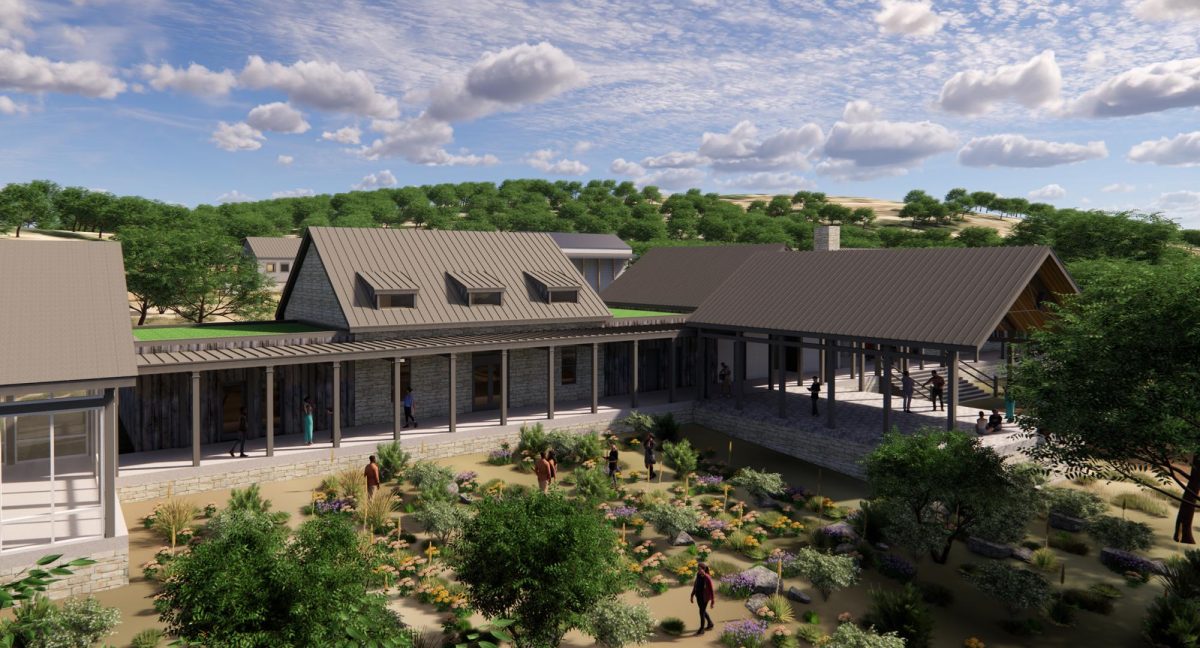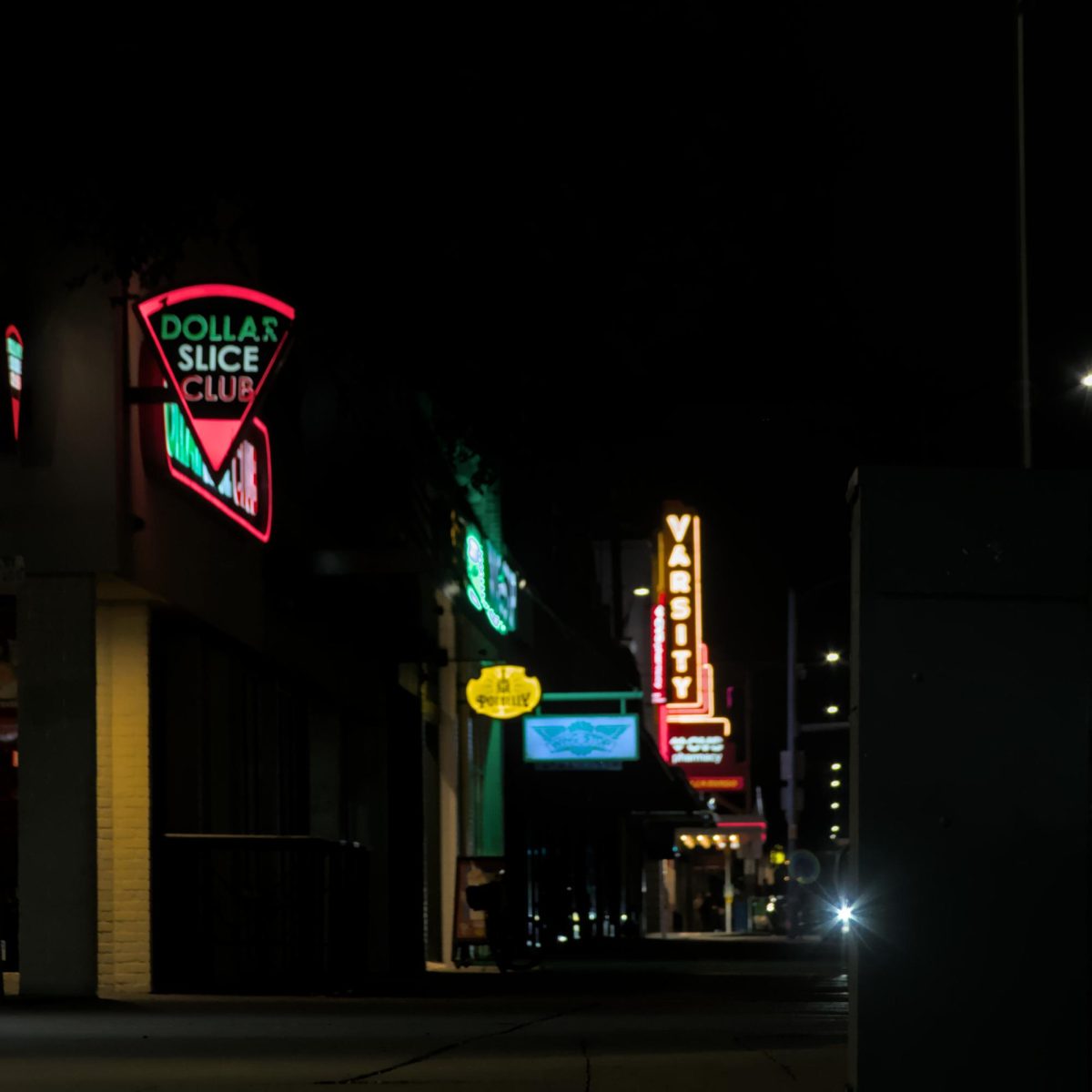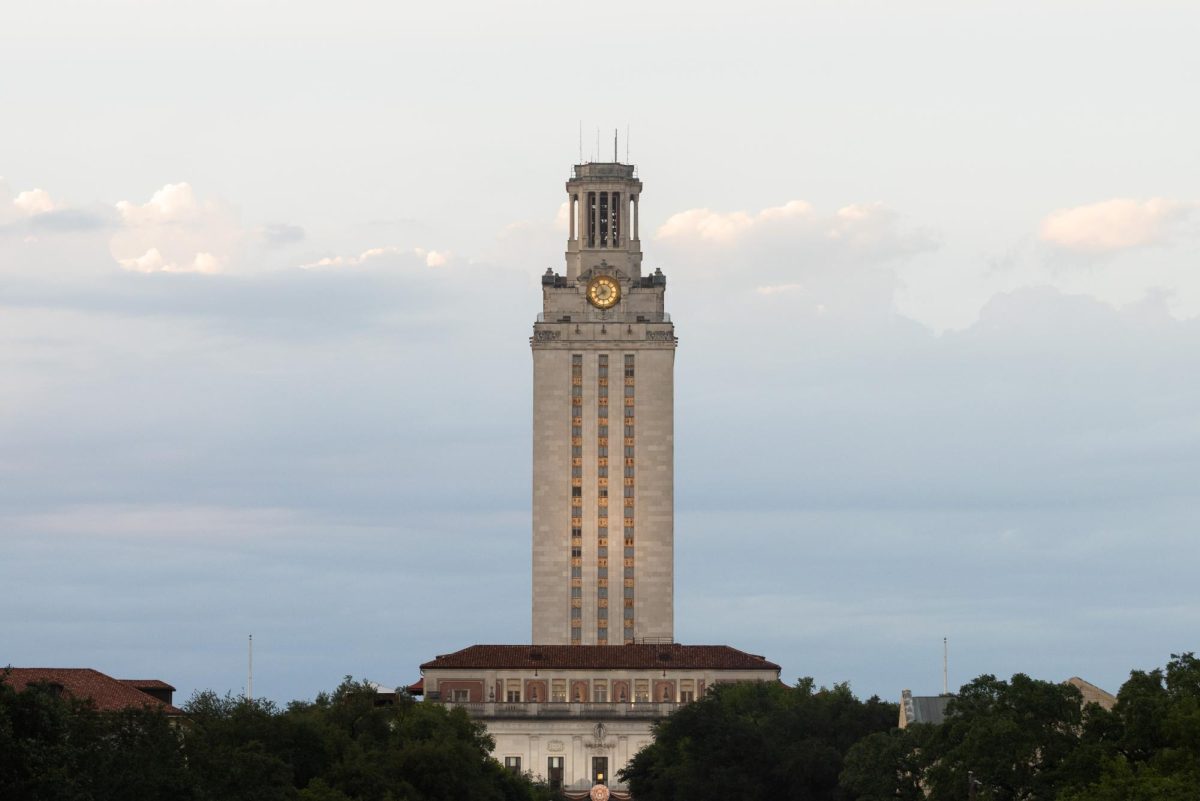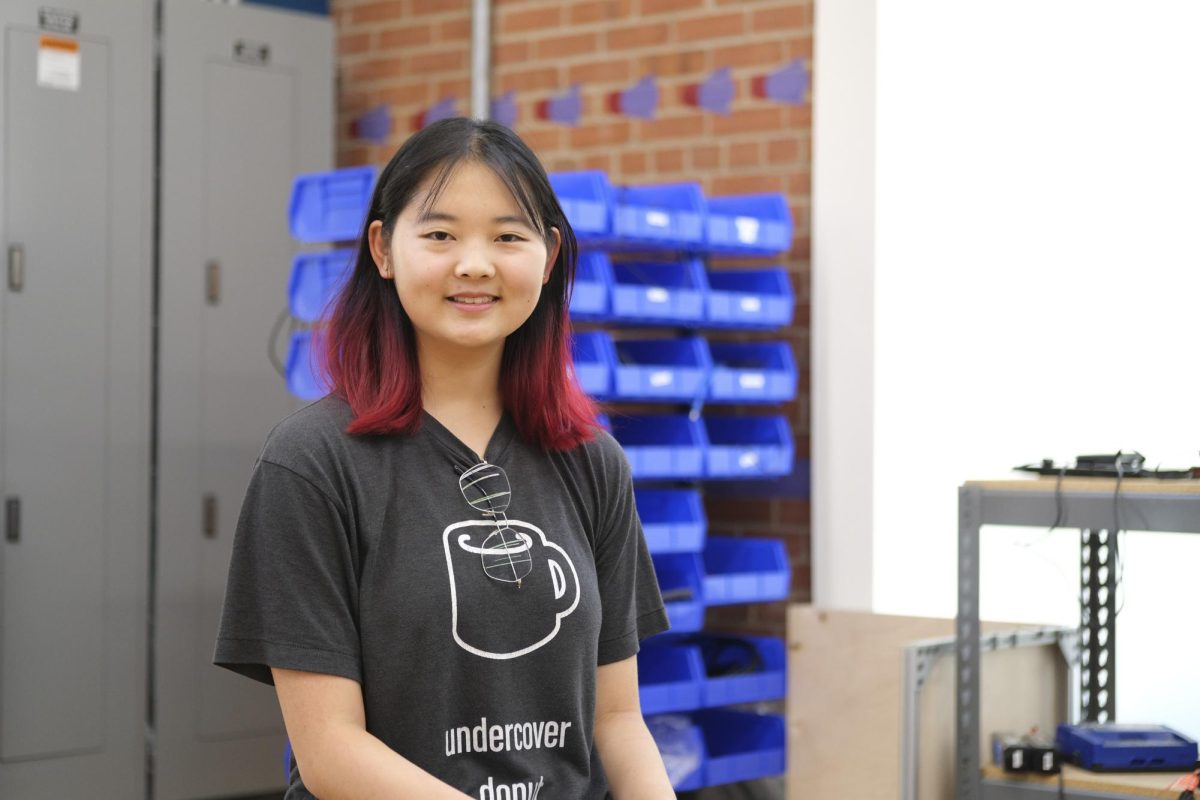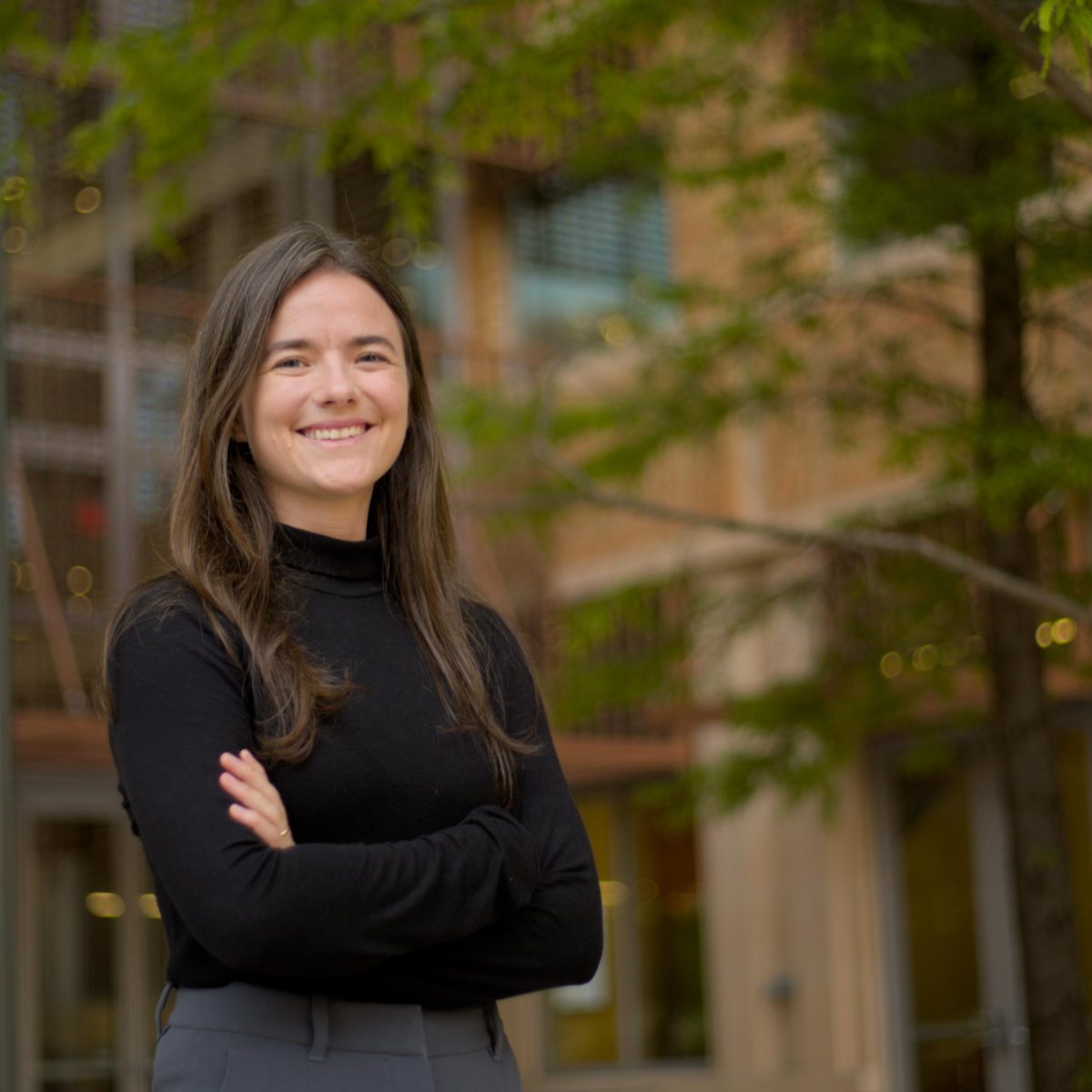The University of Texas announced plans to build a new ecological field station in Dripping Springs on Aug. 28 after receiving a $50 million gift from the Winn Family Foundation.
Named the Hill Country Field Station, the site will allow students and faculty to conduct hands-on research on the region’s ecosystems and monitor the impacts of climate change on native species.
Of the $50 million, Kenneth Wray, managing director of the Texas Field Station Network, said the University will allocate $15 million toward funding research projects.
“We’re not looking to expand just for expansion,” Wray said. “What we want is strategically placed field stations that offer a variety of different habitats and organisms to study. Texas is rich in biodiversity, being such a large state.”
Prior to the announcement, UT’s field stations included Brackenridge Field Laboratory, Stengl Lost Pines Biological Station and the Lady Bird Johnson Wildflower Center. The Network now includes the White Family Outdoor Learning Center, UT Marine Science Institute and McDonald Observatory, according to the announcement.
The Hill Country Field Station will mark the seventh location in the network once constructed. According to Wray, the Network hopes to break ground early next year and finish construction by 2026.
The new field station will be built on approximately 10 acres of the Mirasol Springs property, a conservation development established by Steve Winn. Rapid growth of the Hill Country population puts ecological strain on native organisms, so a main priority for the field station is minimizing human impact on that environment, Wray said.
David Hillis, director of the UT Biodiversity Center, said the Hill Country is an important region to study because it’s home to species that are unique to the Edwards Aquifer and not found anywhere else in the world.
“To research biodiversity or understand it, we need to get out in the wild and experience it in the natural environment,” Hillis said. “A field station provides an opportunity for researchers to have research facilities and living quarters right in the natural area.”
Field biology professor Kay McMurry said her students visit the Brackenridge Field Laboratory for roughly 60% of their lab work to collect data on site. She said working directly in the outdoor laboratory helps students analyze the natural environment with all of their senses, which the new field station would provide further opportunities for.
“There’s just no comparison to being outside in the field and seeing nature up close, seeing the plants, the insects and lizards (and) being able to get some firsthand experience,” McMurry said.
According to Hillis, the Biodiversity Center already has research projects planned for the new field station, including a biological inventory of the ecosystem Hillis himself is working on, a study on plants and pollinators and a project about the region’s hydrology.
“If you were trying to train someone to be a doctor and you told them only by lecture, it would be very difficult for the member to get practical experience in something like surgery,” Hillis said. “The same thing is true for biologists. … Until they get practical hands-on experience, they really can’t become biologists.”



